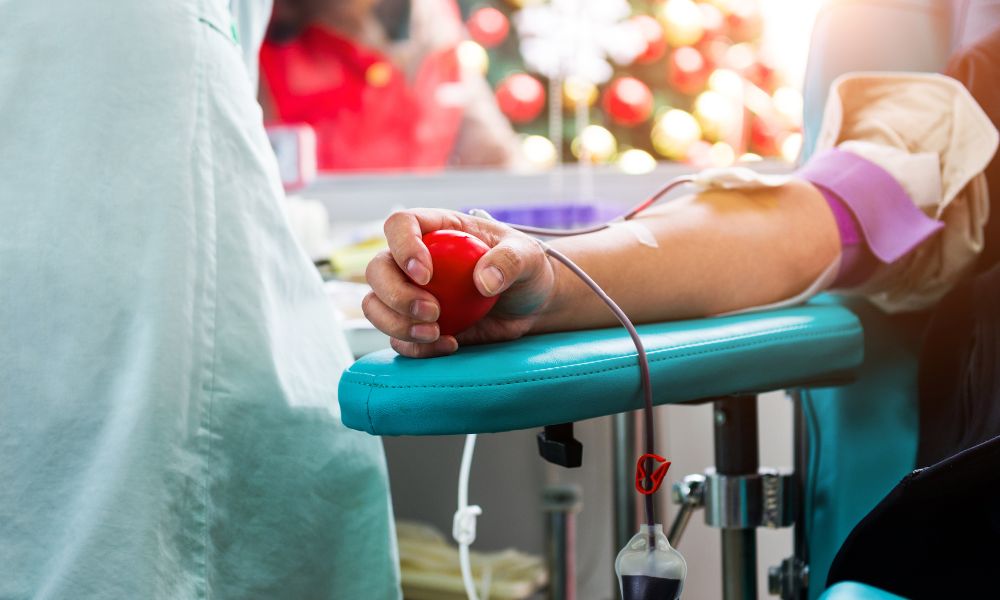As parents, one of the most challenging conversations we may have with our teenagers is about alcohol abuse. It’s a delicate subject, but crucial for their well-being and safety. Research has shown that open communication between parents and teens can significantly reduce the risk of alcohol abuse. So, how can you effectively broach this topic with your teen? Here are some parenting tips to help guide you through this important conversation.
Choose the Right Time and Place: Timing is key when discussing sensitive topics like alcohol abuse. Avoid bringing up the subject during arguments or stressful situations. Instead, opt for a quiet moment when you can have their full attention.
Be honest and open: Approach the conversation with honesty and openness. Share your concerns about alcohol abuse and its potential consequences. Be prepared to listen to your teen’s thoughts and feelings without judgment.
Use Real-life Examples: Sometimes, real-life examples can drive home the seriousness of alcohol abuse. Share stories or news articles about the negative effects of excessive drinking, such as accidents, injuries, or legal trouble. Helping your teen understand the real-world consequences can make the issue more tangible.
Utilize Resources: If you’re concerned that your teen may already be struggling with alcohol abuse, don’t hesitate to seek help. Talk to their pediatrician, school counselor, or a mental health professional for guidance and support. Consider using resources such as support groups or therapy to address underlying issues.
Introduce Monitoring Devices: In some cases, introducing alcohol-monitoring devices like Soberlink can be a helpful tool in managing alcohol consumption. These devices provide objective data on alcohol use and can serve as a deterrent for risky behavior. However, it’s essential to approach the topic sensitively and emphasize trust and communication rather than surveillance. Reading Soberlink Reviews can provide valuable perceptions into the effectiveness of the Soberlink device. Users often share their experiences, highlighting the device’s accuracy and ease of use. These reviews can help individuals make informed decisions about whether Soberlink is the right option for maintaining sobriety.
Empower Them with Knowledge: Educate your teen about the dangers of alcohol abuse and its impact on health, relationships, and future opportunities. Provide them with accurate information about the effects of alcohol on the developing brain and body. Equip them with strategies to resist peer pressure and make responsible choices.
Set Clear Expectations and Boundaries: Clearly communicate your expectations regarding alcohol use and underage drinking. Let your teen know where you stand on the issue and the consequences of breaking the rules. Establish firm but fair boundaries that promote safety and well-being.
Lead by Example: As a parent, your actions speak louder than words. Be a positive role model by demonstrating responsible drinking behaviors. Avoid excessive or binge drinking, especially in front of your teen. Show them that it’s possible to have fun and socialize without relying on alcohol.
Encourage Healthy Coping Mechanisms: Teach your teen healthy ways to cope with stress, anxiety, or peer pressure without turning to alcohol. Encourage them to pursue hobbies, sports, or creative outlets that provide fulfillment and relaxation. Help them build strong social connections and support networks.
Stay Involved and Supportive: Stay actively involved in your teen’s life and keep the lines of communication open. Be supportive and understanding, even if they make mistakes or face challenges. Offer guidance and encouragement as they navigate the ups and downs of adolescence.
In conclusion, talking to your teen about alcohol abuse requires patience, empathy, and open communication. By approaching the conversation with honesty and understanding, you can help empower your teen to make responsible choices and navigate the challenges of adolescence. Remember to lead by example, set clear expectations, and provide support every step of the way. With your guidance, your teen can develop the skills and resilience needed to resist peer pressure and thrive in a healthy, alcohol-free lifestyle.





